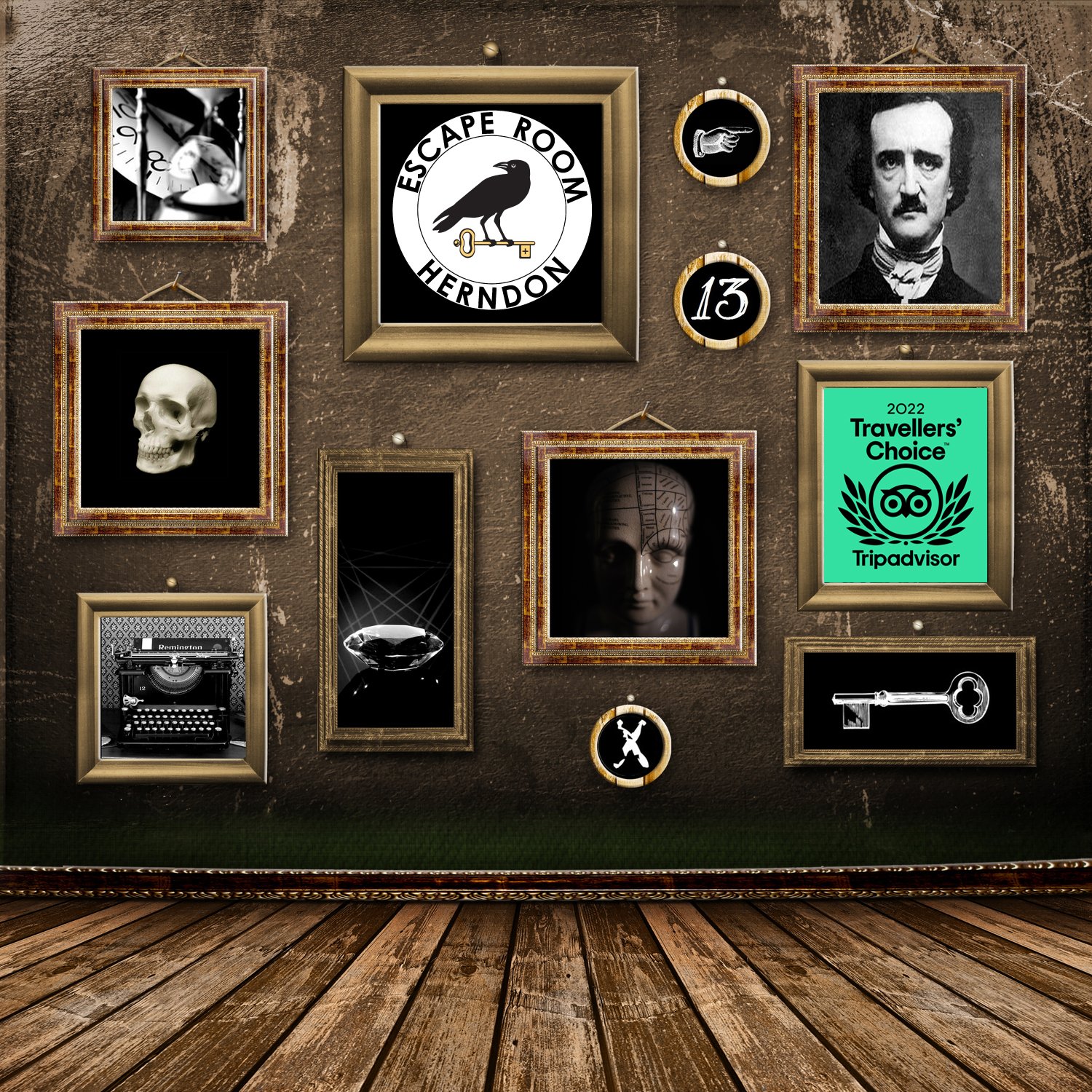Escape Room in Minneapolis-- A Perfect Task for Any Type Of Event
Escape Room in Minneapolis-- A Perfect Task for Any Type Of Event
Blog Article
Team Approaches: Exactly How to Collaborate Successfully in a Getaway Area
Teams must proactively listen to each participant's insights, appoint roles that line up with specific staminas, and keep normal check-ins to make sure emphasis and avoid redundancy. By promoting an atmosphere that values communication and versatility, teams can substantially heighten their effectiveness and success rates.
Establish Clear Communication

To facilitate clear communication, it is necessary to mark a main factor of call for info dissemination. This function involves summing up findings and proposed techniques to ensure everyone remains on the very same web page. Additionally, embracing an organized approach to conversations can prevent disorderly exchanges. For example, quick, focused updates from each staff member can keep the group notified without frustrating them with information.

Designate Roles Strategically
While clear interaction establishes the foundation for efficient synergy, assigning roles purposefully makes sure that each employee's toughness are used properly. In a getaway room situation, the time-sensitive and complicated nature of challenges requires an efficient technique to task delegation. By determining and leveraging individual expertises, groups can maximize their problem-solving capacities and enhance overall efficiency.
First, examine the unique skills and qualities of each participant. Somebody with a keen eye for detail could excel in discovering surprise objects, while a logical thinker might be much better suited to addressing challenges. It's just as important to have a leader who can manage progress, handle the timeline, and make decisive phone calls when needed. This role commonly calls for solid organizational and social abilities.
Second, guarantee that duties are adaptable and versatile. As brand-new difficulties emerge, the team should have the ability to pivot, reallocating tasks as required. This adaptability helps keep energy and stops bottlenecks that can occur due to rigid duty tasks.
Ultimately, a calculated strategy to role task not only takes full advantage of the staminas of each group participant however also cultivates a cohesive environment, driving the group towards an effective escape.
Make Use Of Diverse Abilities
Recognizing and using the diverse abilities within your team can significantly boost your performance in a retreat space. Each group member brings distinct toughness to the table, and successfully leveraging these capacities can speed up analytic and improve total efficiency. A group member with solid analytical skills could excel at deciphering complicated codes or patterns, while one more with eager observational capacities may rapidly identify hidden ideas that others might neglect.
Urge group participants to voice their insights and ideas promptly, guaranteeing that all potential solutions are considered. Additionally, Going Here appointing jobs that line up with each member's strengths can prevent bottlenecks and ensure that progression is continual.
Additionally, diversity in skills often equates to variety in believing styles, which is indispensable in a retreat area setup. While some challenges might call for logical thinking and precision, others could profit from imaginative and association of ideas. By recognizing and leveraging this diversity, teams can deal with a broader series of challenges extra effectively, thus increasing their opportunities of a successful escape.
Manage Time Effectively

First, designate first mins for a fast survey of the space. Recognize noticeable challenges and split tasks based on group members' strengths, guaranteeing that nobody is still. Set internal time checkpoints to site evaluate progression occasionally; as an example, purpose to have half the problems fixed by the mid-point of the game. This practice can help maintain the team focused and prevent time from escaping unnoticed.
Additionally, avoid passage vision. If a challenge is taking too long, revolve employee or proceed to an additional challenge, returning later on with fresh perspectives. Interaction is critical-- maintain every person upgraded on solved problems and remaining jobs to stay clear of redundant initiatives.
Lastly, use any type of tips or hints moderately but purposefully - best escape room. Recognizing when to ask for assistance can save useful time. By sticking to these time monitoring principles, groups can significantly boost their chances of a successful and enjoyable retreat area experience
Debrief and Mirror
Reflection is an essential aspect of team growth and renovation in the context of retreat spaces. Once the difficulty is completed, whether efficiently or not, it is essential for the group to engage in a structured debriefing session. This procedure enables employee to analyze their performance, identify toughness, and determine areas for improvement.
Begin the debrief by reviewing what worked out. Highlight specific instances of efficient communication, analytic, and collaboration. Acknowledging these positive habits reinforces them and motivates their repeating in future difficulties.
Discuss moments of confusion, miscommunication, or ineffective techniques. Encourage an open and constructive discussion where team members can share their useful source perspectives without concern of objection.
Verdict
In conclusion, effective collaboration in a getaway room is asserted upon clear communication, strategic function assignments, the efficient utilization of diverse skills, and competent time monitoring. By creating a cohesive and flexible group environment, the probability of efficiently fixing problems and achieving the objective of getting away the area is considerably boosted.
Report this page